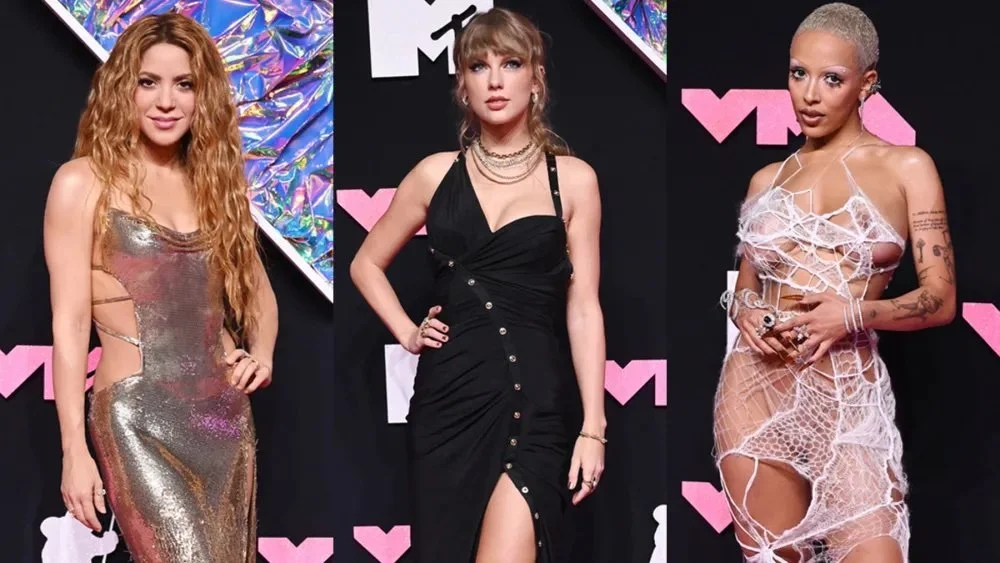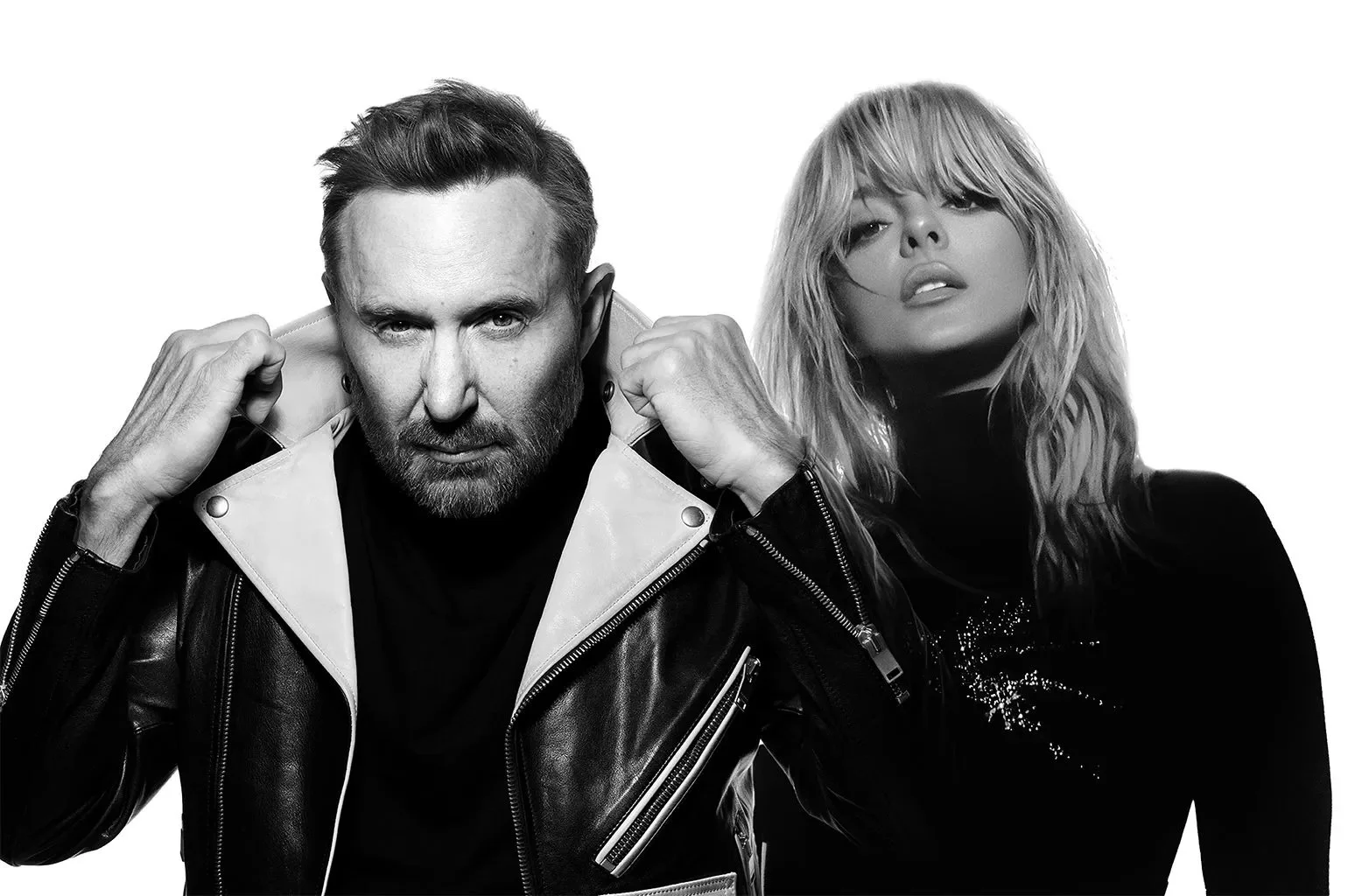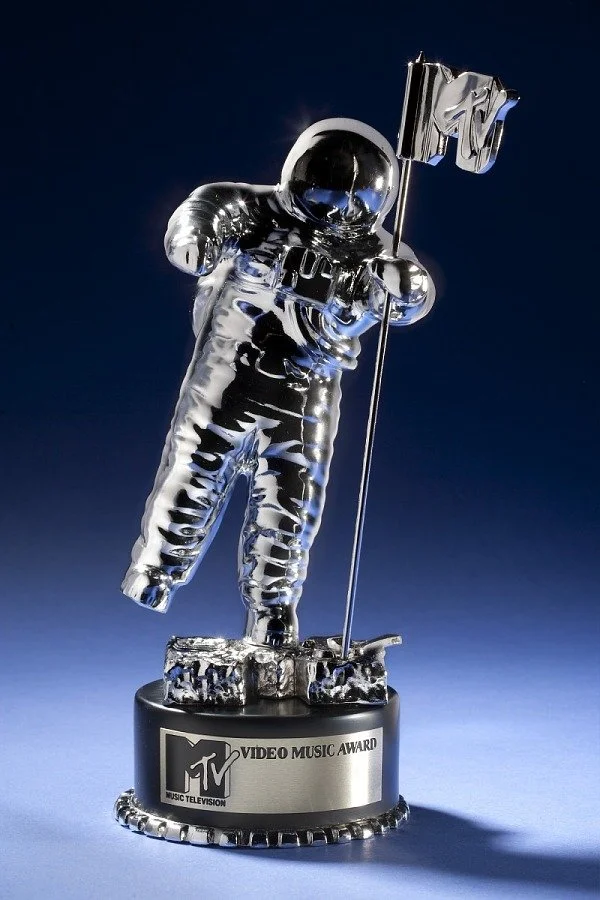The Video Music Awards: Where's the EDM Category?
The Video Music Awards (VMAs) have always been a celebration of musical diversity and talent. However, over the years, fans and artists alike have raised a valid question: Why is there no EDM (Electronic Dance Music) category at the VMAs? In a night filled with pop, hip-hop, rock, Latin, K-pop, and Afrobeats nominees and categories, the absence of recognition for one of the largest areas of the music industry—EDM—is a glaring oversight. Let's dive into the world of EDM, explore its significance, and why it deserves its own category at the VMAs.
The VMAs' Genre Diversity
The VMAs have prided themselves on celebrating a wide range of musical genres, and they've certainly lived up to that reputation. From the pop queens to the rap kings, the rock legends to the Latin sensations, and the global K-pop sensations, there's something for everyone. However, the absence of EDM in this mix leaves many EDM fans and artists wondering why their genre doesn't get the recognition it deserves.
David Guetta: The Lone EDM Nominee
In the history of the VMAs, there has been a lack of representation for EDM artists. The only electronic artist nominated was David Guetta, and that too for a collaboration with pop singer Bebe Rexha. While their song "I'm Good (Blue)" received a nomination, it didn't secure a win. This raises questions about whether EDM is given a fair chance in mainstream music award shows like the VMAs.
The Global EDM Phenomenon
To understand why EDM deserves its own category at the VMAs, we must acknowledge its global significance. According to the Market Research Guru, the global Electronic Dance Music (EDM) market size was valued at a staggering USD 8933.66 million in 2022. It is projected to expand at a CAGR of 7.74% during the forecast period, reaching an impressive USD 13970.18 million by 2028. These numbers alone demonstrate the massive fan base and economic impact of EDM.
Factors Driving the EDM Market's Growth
Several factors are driving the growth of the Electronic Dance Music (EDM) market:
Restaurant & Hotel Demand
EDM has seamlessly integrated into the entertainment scene of restaurants and hotels worldwide. Notably, Shellona in St. Tropez curated a summer lineup featuring renowned DJs like Keinemusik, Carlita, and Rufus Du Sol, attracting a diverse clientele. This trend highlights the genre's dual role as both background ambiance and a live, dynamic experience, enhancing dining and lodging establishments globally.
Night Clubs' Anthem
Nightclubs and EDM share an enduring relationship characterized by electrifying energy and beats. DJs rule the decks, creating an unforgettable atmosphere with EDM anthems. Globally recognized nightclubs like Hï Ibiza, Echostage in Washington, D.C., Green Valley in Camboriú, and many others have become sanctuaries for EDM enthusiasts. From London to Cologne, Ibiza to Los Angeles, these venues offer immersive journeys through EDM, uniting clubgoers under the spell of beats and melodies.
Festival Highlights
EDM has become an integral part of the world's biggest music festivals, drawing massive crowds and infusing events with electric energy. Notably, Tomorrowland, boasting an astounding 600,000 attendees, exemplifies this phenomenon. Festivals like Coachella, Electric Daisy Carnival, and Ultra Music Festival showcase the genre's lasting impact, creating an environment of euphoria and unity. EDM stages have become the beating heart of these gatherings, attracting fans from around the world, making festivals incomplete without their electrifying sets.
The absence of an EDM category at the VMAs is a missed opportunity to celebrate an influential and booming genre in the music industry. As the global EDM market continues to grow, it's essential for award shows like the VMAs to recognize and honor electronic artists. EDM has transcended borders, cultures, and age groups, making it a genre that deserves its moment in the spotlight.


